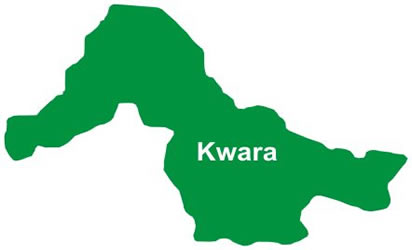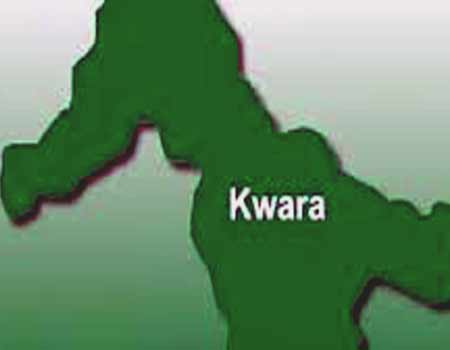Speaking with the Nigerian Tribune in Ilorin after analysis on the state 2017 agriculture budget, the senior programme officer of the Centre for Community Empowerment and Poverty Eradication (CCEPE), Mr Abdulrahman Ayuba, said that farmers, especially women small scale farmers, “who are producers of over 60 per cent of the food consumed in the state, are not currently involved in the agriculture budgeting processes, as there is no formal strategy for their engagement.”
The group, which said that the percentage of the Kwara State total budget to agriculture sector was abysmally low (less than one per cent), appealed to the government to allocate nothing less than five per cent of the total budget to agricultural sector, and progressively increase it to meet up with the 10 per cent 2003 Maputo Declaration commitment.
The people also said that the agriculture budget was not gender sensitive, adding that there was no provision or line items for women farmers, “thus limiting the application of funds to specific issues faced by women farmers.”
“It is expected that agriculture, when properly supported will contribute significantly in reducing the unemployment especially among youth and women, rural-urban drift which will ensure food security an ultimately economic sustainability and development.
“Currently, just like what obtains in the country, agriculture sector employs about 65-70 per cent of Kwara State population, and most of whom are smallholder women farmers who lack access to affordable credit/loan, cheap and quality farm inputs, labour saving technologies, market access, relevant and timely information. Thus, any budgetary allocation and agricultural policy that do not take these farmers’ needs into consideration, and ensure these needs are met will really not be helpful towards the economic development of the people of the state”, he said.
Mr Ayuba also said that despite yearly budgetary provision for Fulani herdsmen/crop farmers’ conflict prevention meetings, there had not been corresponding decrease in the incidence of herdsmen/farmers clash, which he said had hitherto led to gross decrease in food production in the state.
“Rather, the menace of the herdsmen attack has been on the increase and apathy on the part of farmers in returning to farms due to insecurity on their farms which has made availability of farm produce become increasingly difficult,” he said.
The people also advised that the extension services of the government should be strengthened by recruiting new extension agents, and that farmers had not seen extension farm agents in 10 years.
“The extension sub-sector of our agriculture must be revived if we want smallholder farmers’ productivity to improve, and improve at a fast rate”, he said.







